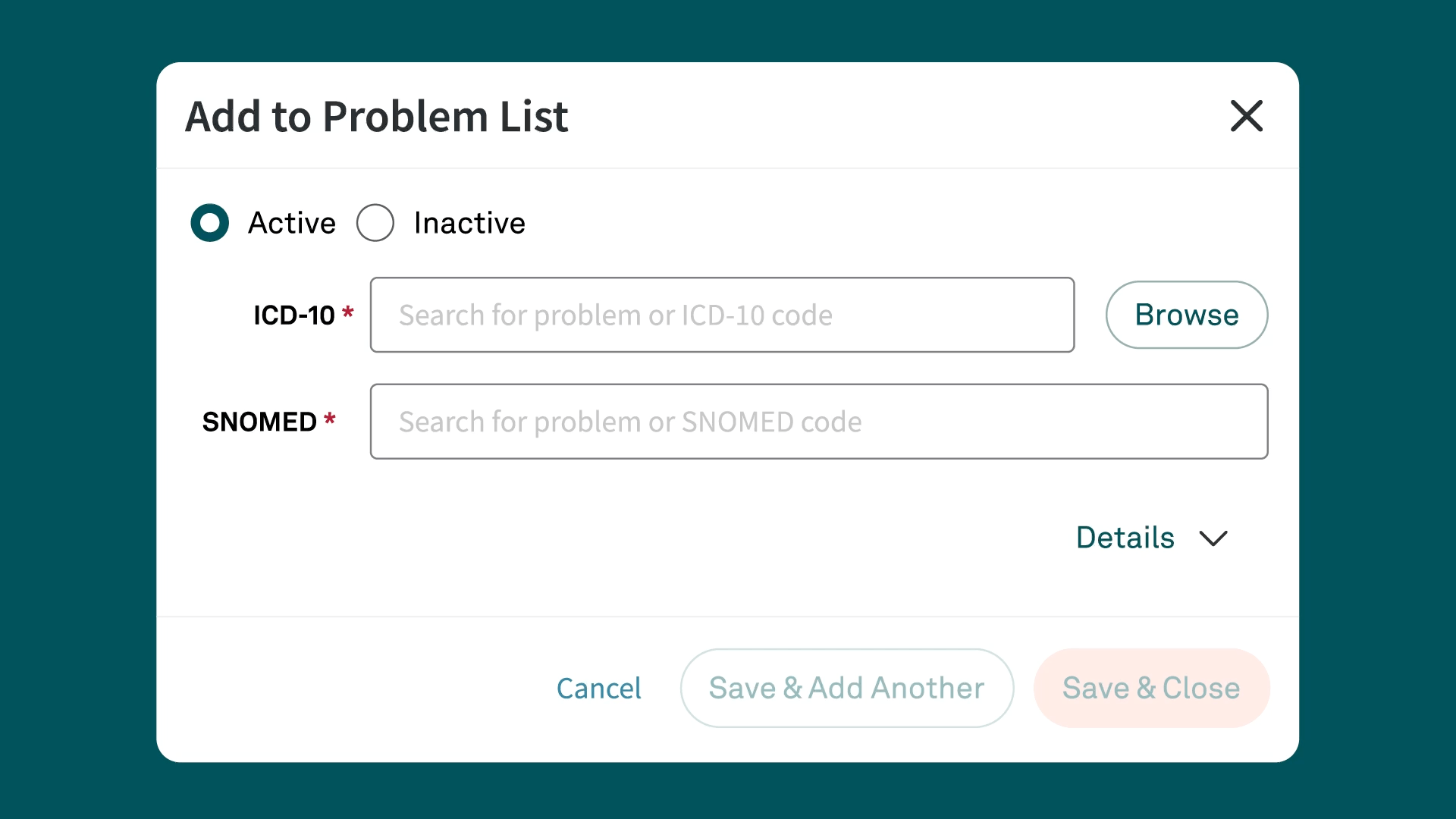ICD-10 Code Z79.01
Long term (current) use of anticoagulants
What is the code Z79.01?
ICD-10-CM code Z79.01 is an International Classification of Diseases, 10th revision, Clinical Modification (ICD-10-CM) code that healthcare providers and medical billers use to document and classify “long-term (current) use of anticoagulants.” Anticoagulants are medications that help prevent blood clots by thinning the blood. This code typically signifies that a patient is on a regimen of anticoagulant therapy for an extended period.
Detailed description of Z79.01
ICD-10 code Z79.01 falls under the section of "persons with potential health hazards related to family and personal history and certain conditions influencing health status" in the ICD-10-CM classification system. This code is specifically assigned to patients who are undergoing long-term anticoagulant therapy, which can be necessary for various medical conditions such as atrial fibrillation, deep vein thrombosis (DVT), pulmonary embolism (PE), and mechanical heart valve replacement. This code helps in documenting the ongoing management and monitoring required for patients on these medications.
Symptoms commonly associated with Z79.01
Since Z79.01 pertains to the long-term use of anticoagulants rather than a specific disease or condition, the symptoms associated with this code are typically related to the underlying conditions that necessitate anticoagulant use. These conditions include:
- Atrial fibrillation: Irregular and often rapid heart rate that can increase the risk of strokes, heart failure, and other heart-related complications.
- Deep vein thrombosis: Swelling, pain, and redness in the leg, usually occurring in the calf.
- Pulmonary embolism: Shortness of breath, chest pain, and cough, sometimes with bloody sputum.
- Mechanical heart valve replacement: Requires continuous anticoagulant therapy to prevent blood clots on the artificial valve.
Additionally, patients on long-term anticoagulants may experience side effects such as easy bruising, prolonged bleeding from cuts, and increased risk of bleeding in the gastrointestinal tract or brain.
Related and similar ICD-10 codes
Several ICD-10 codes are related to Z79.01 and may be used in conjunction with or as alternatives, depending on the specific circumstances:
Each of these codes addresses different types of long term drug use or the conditions that require anticoagulation therapy.
Appropriate usage and guidelines for Z79.01
Use Z79.01 to indicate that a patient is on an ongoing regimen of anticoagulants. This code should be used in the patient's medical record to document the need for continuous anticoagulation therapy due to conditions like atrial fibrillation, DVT, PE, or mechanical heart valve replacement.
Physicians and coders should ensure that the use of Z79.01 is supported by documentation in the patient's medical record. This includes specifying the duration of use and the specific medications prescribed.
Common pitfalls in coding with Z79.01
There are several common pitfalls to avoid when coding with Z79.01:
- Inadequate documentation: Failing to document the underlying condition that necessitates long-term anticoagulant use can lead to incomplete coding.
- Incorrect code selection: Using Z79.01 for short-term or temporary anticoagulant therapy is inappropriate; this code is intended for long-term use.
- Overlooking related conditions: Not coding for the underlying medical condition that requires anticoagulant therapy can result in incomplete patient records and potential issues with insurance claims.
Key resources for Z79.01 coding
For accurate Z79.01 coding and up-to-date practices, the following resources can be invaluable:
- ICD-10-CM Official Guidelines for Coding and Reporting: These guidelines provide comprehensive instructions for using ICD-10 codes.
- Centers for Medicare & Medicaid Services (CMS): CMS offers resources and updates on coding practices, including webinars, manuals, and bulletins.
- Professional coding organizations: Organizations like the American Health Information Management Association (AHIMA) and the American Academy of Professional Coders (AAPC) offer educational resources, certifications, and support for medical coders.
- Coding reference books and software: Reference materials such as the ICD-10-CM codebook can support medical coders and providers.
These resources provide detailed instructions and updates on coding standards and practices.
Conclusion
ICD-10 code Z79.01 is an important code for documenting long-term anticoagulant therapy in patients. Proper usage of this code ensures accurate medical records, supports appropriate patient care, and facilitates correct insurance claims processing. By understanding the detailed description, related codes, and common pitfalls, healthcare providers and coders can effectively manage and document long-term anticoagulant use in their practices.
Simplify ICD-10 code documentation with Tebra
Tebra’s EHR+ gives you quick searches and Systematized Nomenclature of Medicine (SNOMED) field names for efficient code documentation. Plus, Tebra automatically saves ICD-10 to SNOMED mapping for future searches, streamlining your workflow.

Discover how Tebra helps providers effortlessly document health-related issues and conditions in this detailed post.
Stay Ahead with Expert Healthcare & Billing Insights
Get the latest industry updates, financial tips, and expert strategies — delivered straight to your inbox.
